30 GPTs for Book Analysis Powered by AI for Free of 2026
AI GPTs for Book Analysis refer to advanced artificial intelligence systems based on the Generative Pre-trained Transformer (GPT) model, specifically optimized for analyzing and interpreting texts within books. These tools are designed to provide in-depth insights, summaries, thematic analyses, and contextual understanding of literary works. By leveraging natural language processing (NLP) and machine learning, GPTs for Book Analysis can decode complex narratives, identify stylistic elements, and generate comprehensive reports on various literary aspects, making them invaluable in educational, research, and entertainment contexts.
Top 10 GPTs for Book Analysis are: Book Summary Expert,Paper Summarizer,Potter GPT,서평가,SuperSummary Seeker,Book Insighter,The citations girl,Erdnase.ai,Book Summarizer,书评 - Book Insights
Book Summary Expert
AI-powered book summaries, chapter by chapter.

Paper Summarizer
Distill Complex Texts with AI
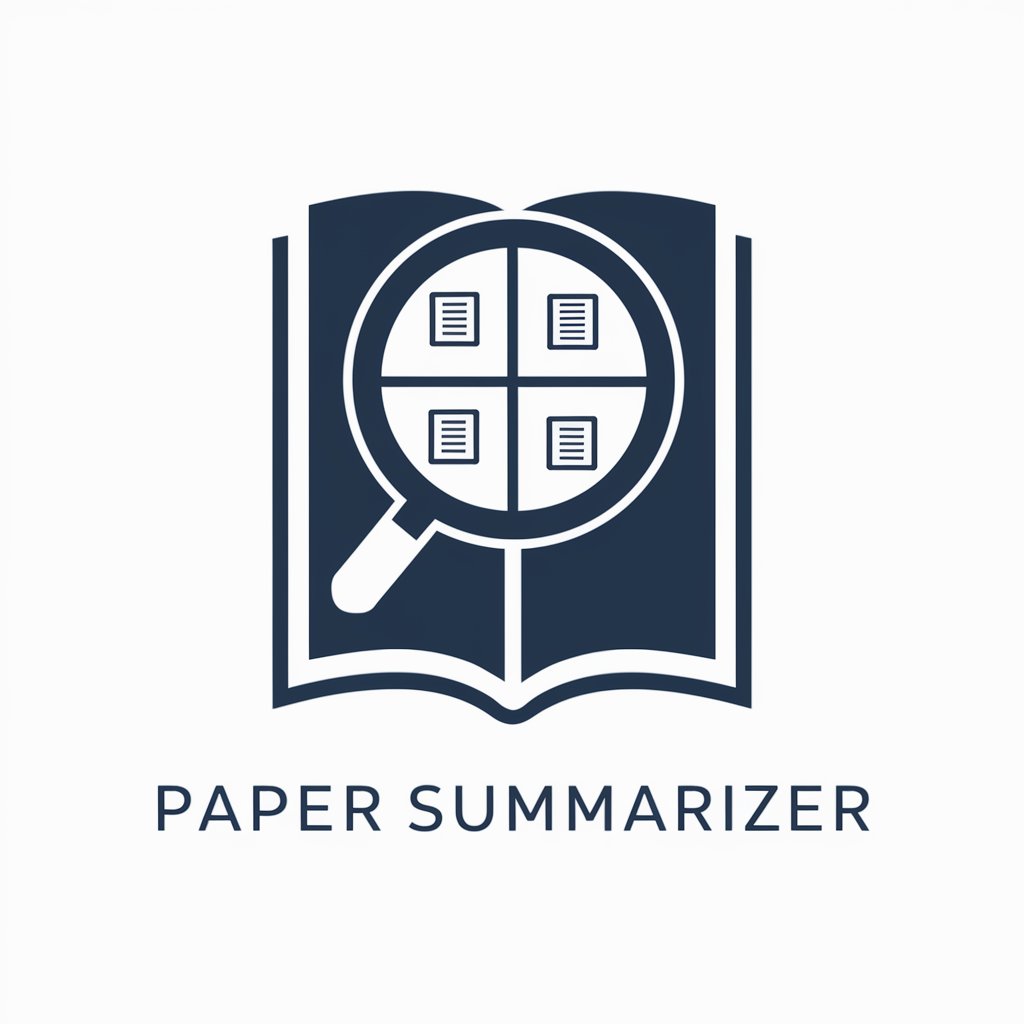
Potter GPT
Bringing Magic to Your Fingertips with AI
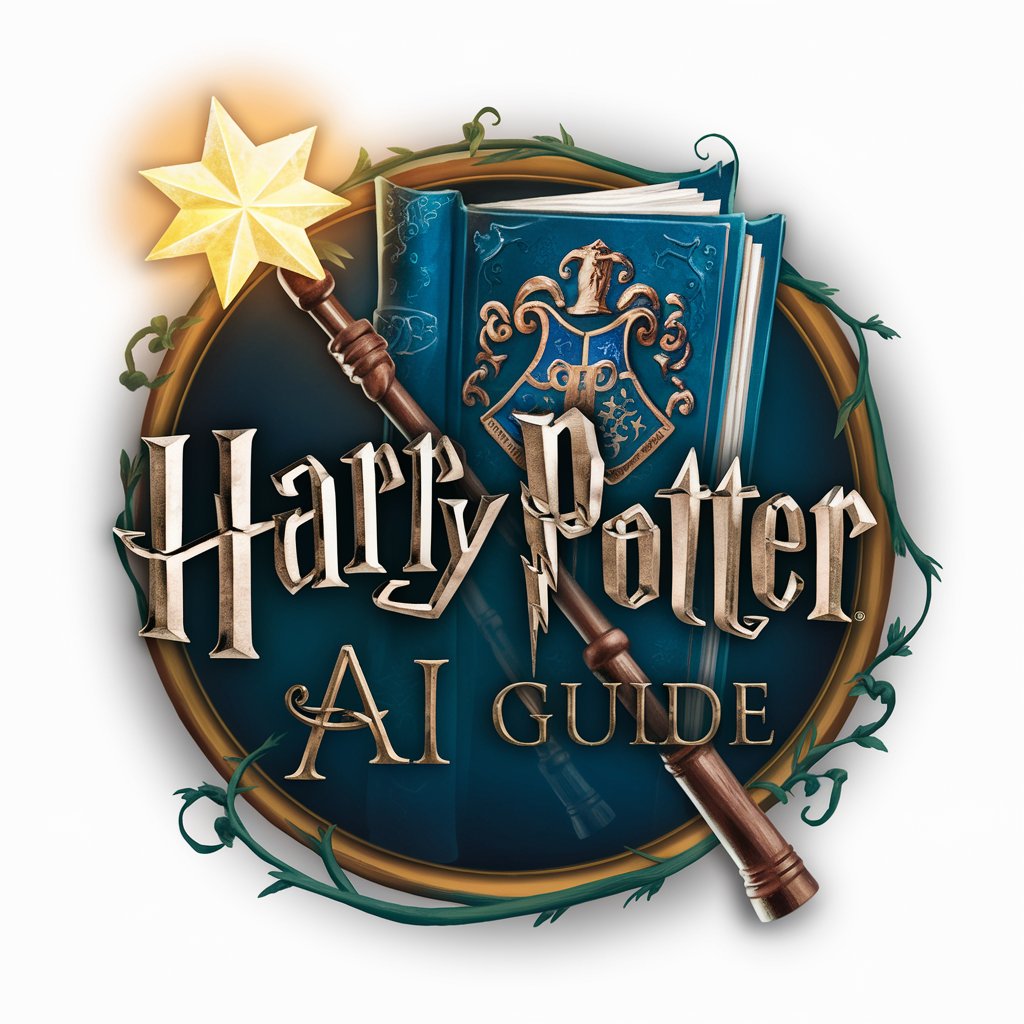
서평가
Uncover the essence of any book with AI.
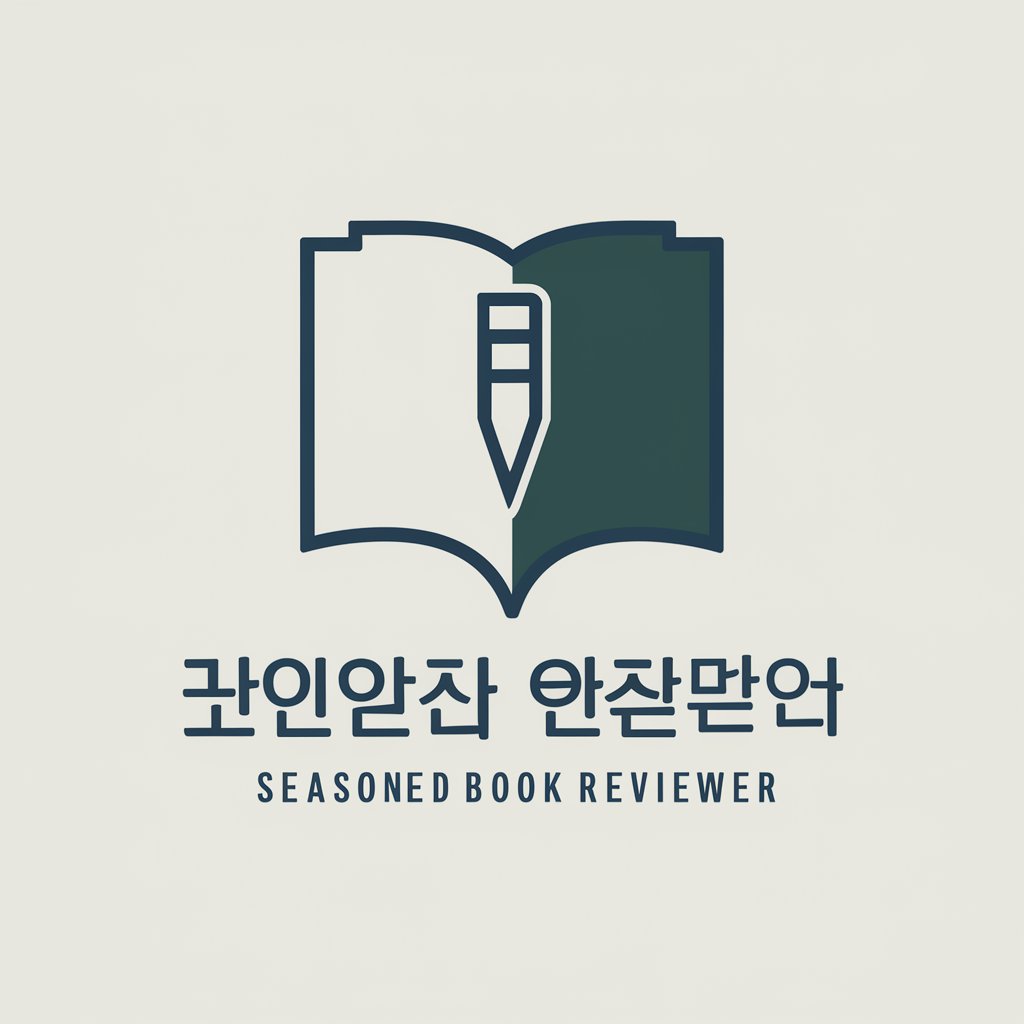
SuperSummary Seeker
Unveiling the Depths of Literature with AI
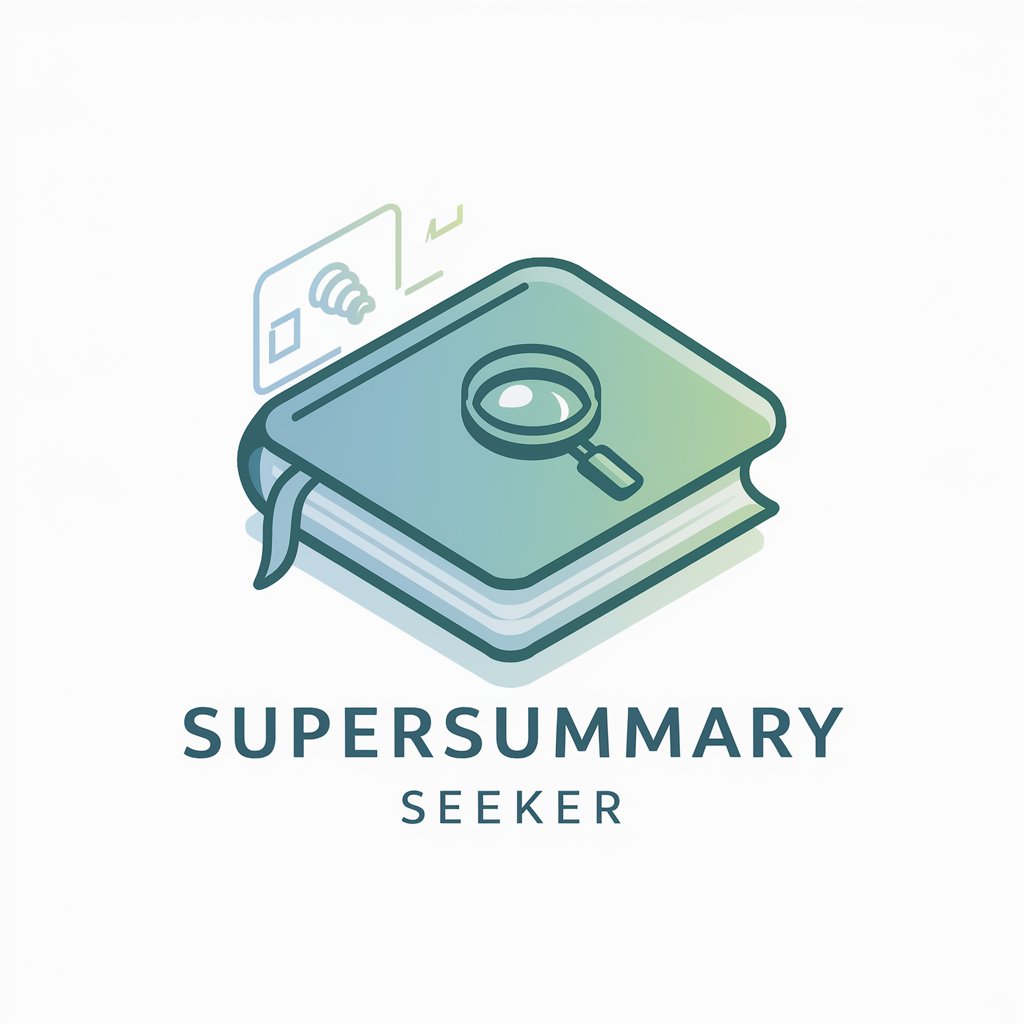
Book Insighter
Deep Dive into Books with AI
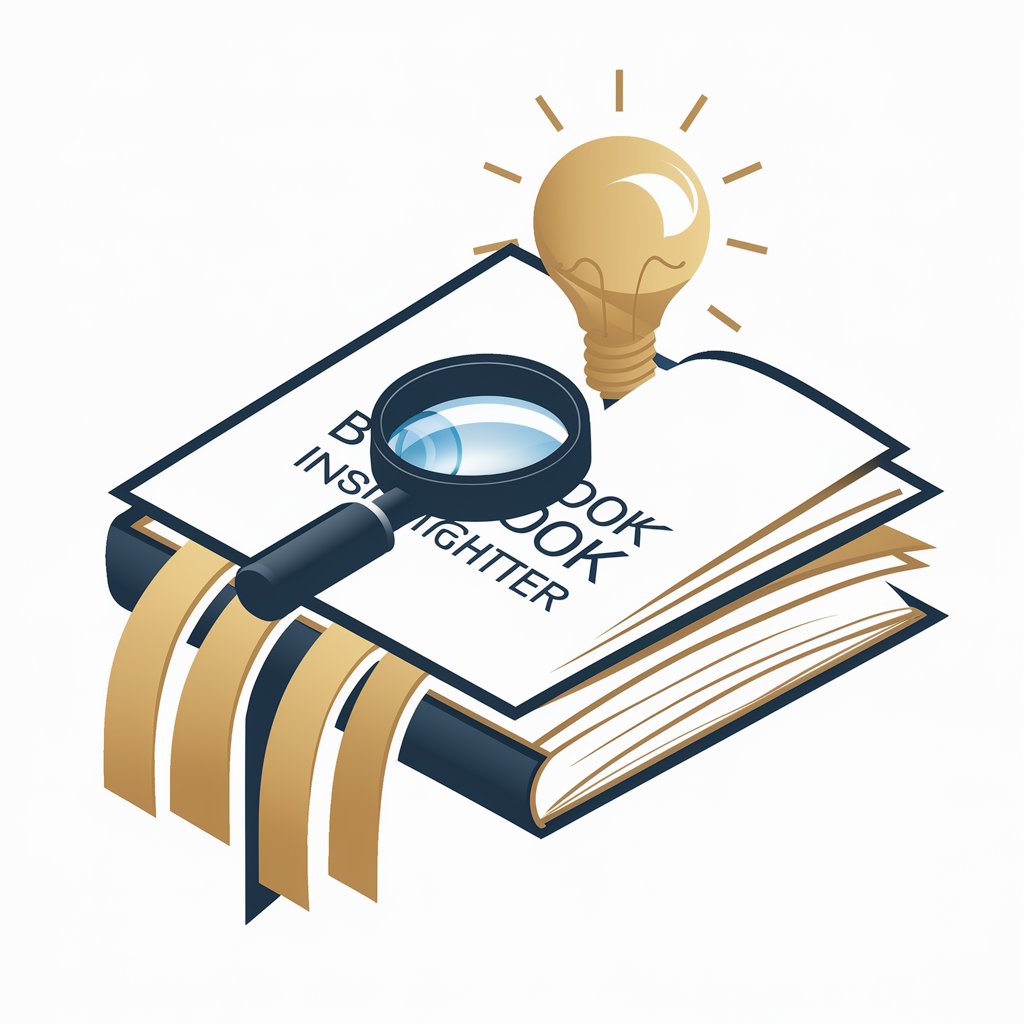
The citations girl
Simplify citations with AI-powered accuracy
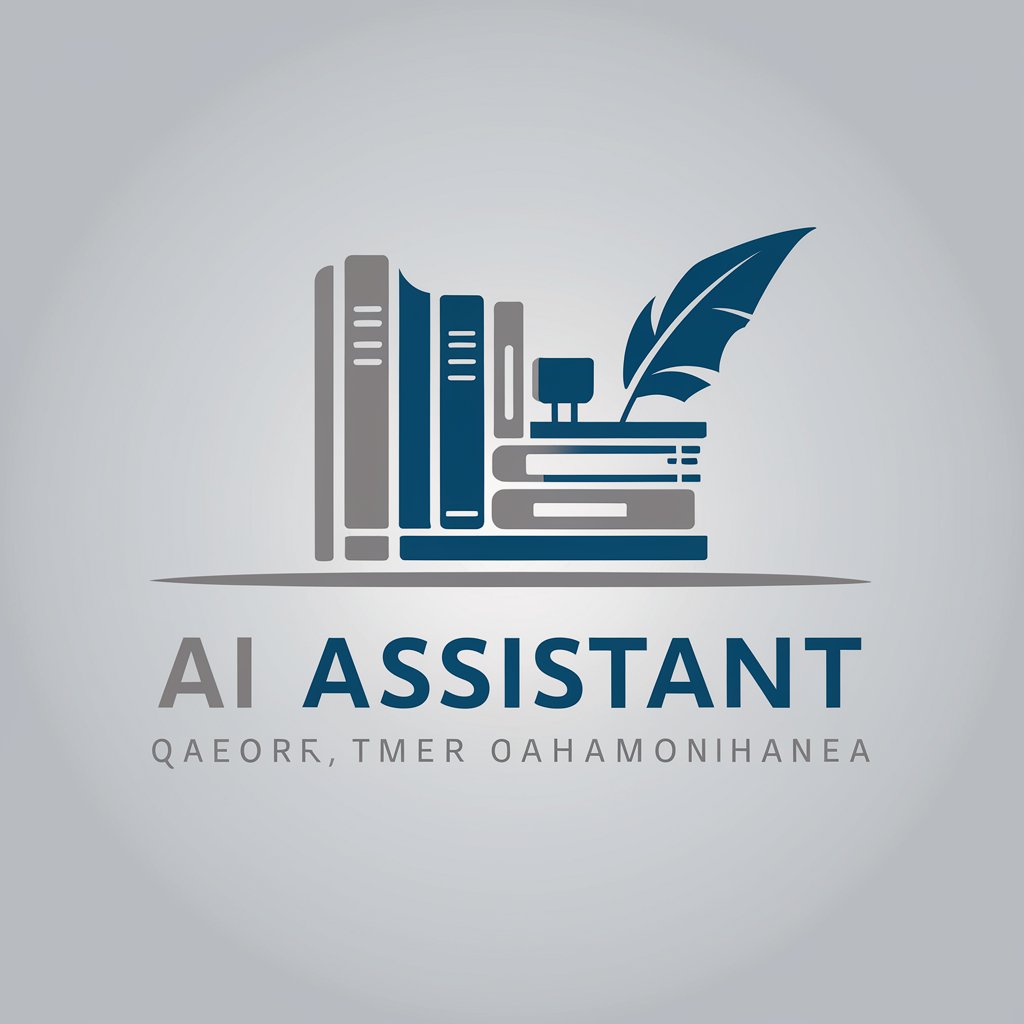
Erdnase.ai
Unraveling the magic of Erdnase, card by card.
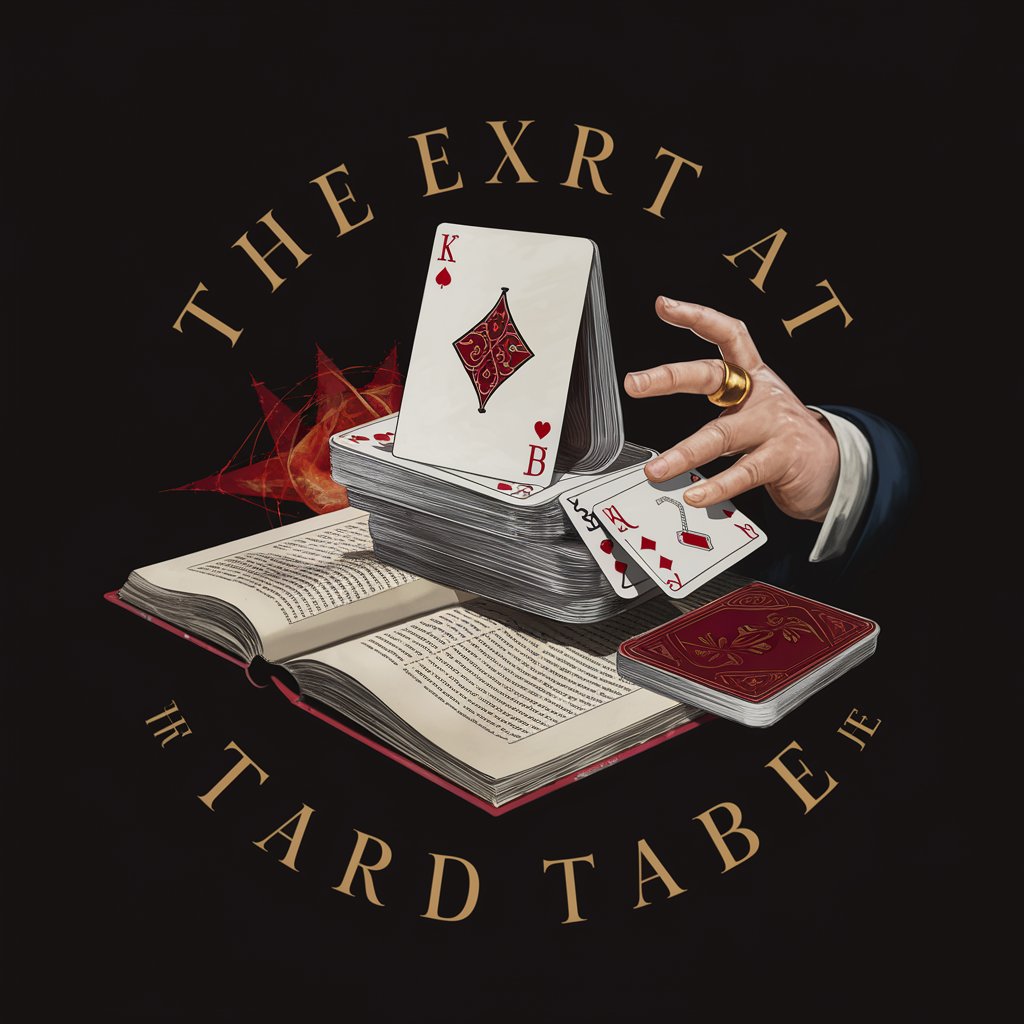
Book Summarizer
Simplify your reading with AI-powered summaries.
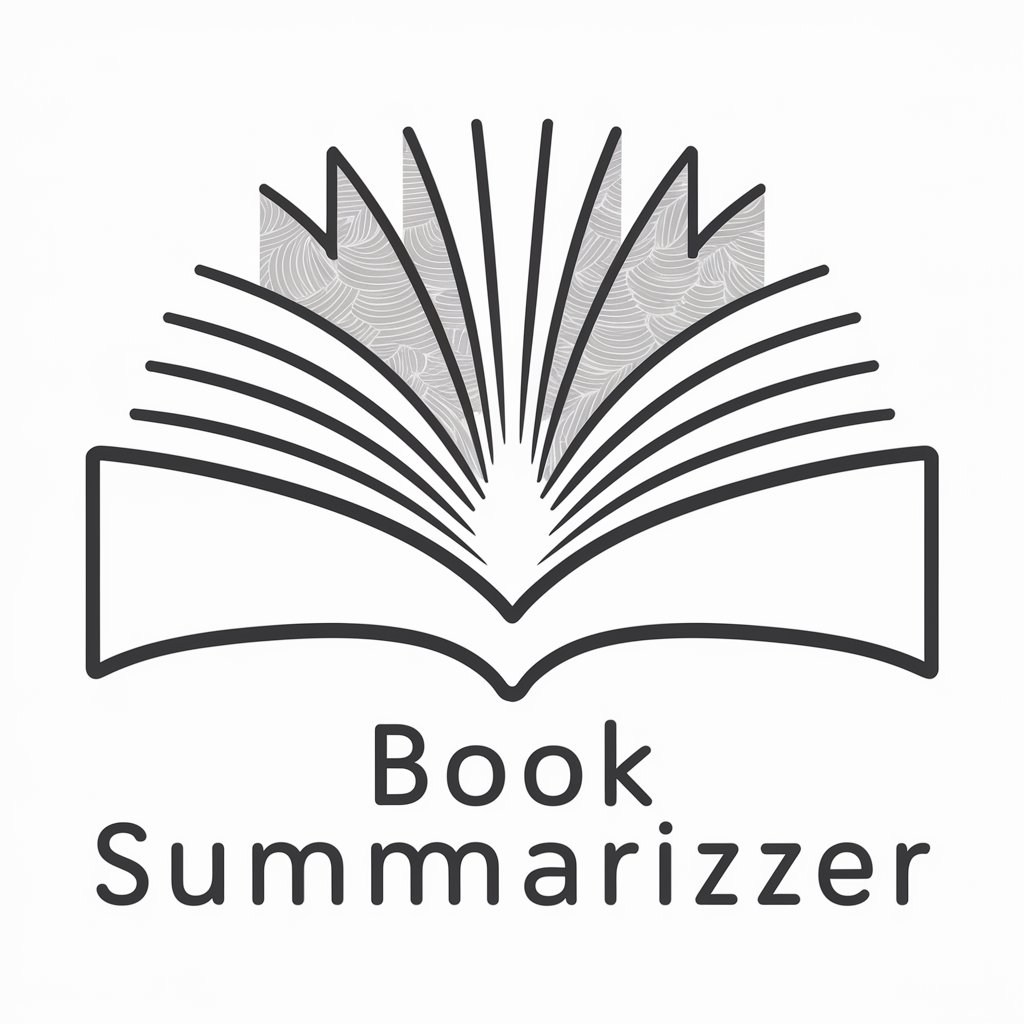
书评 - Book Insights
Enrich Your Reading with AI

Book Summarizer
Unlock insights with AI-powered summarization.
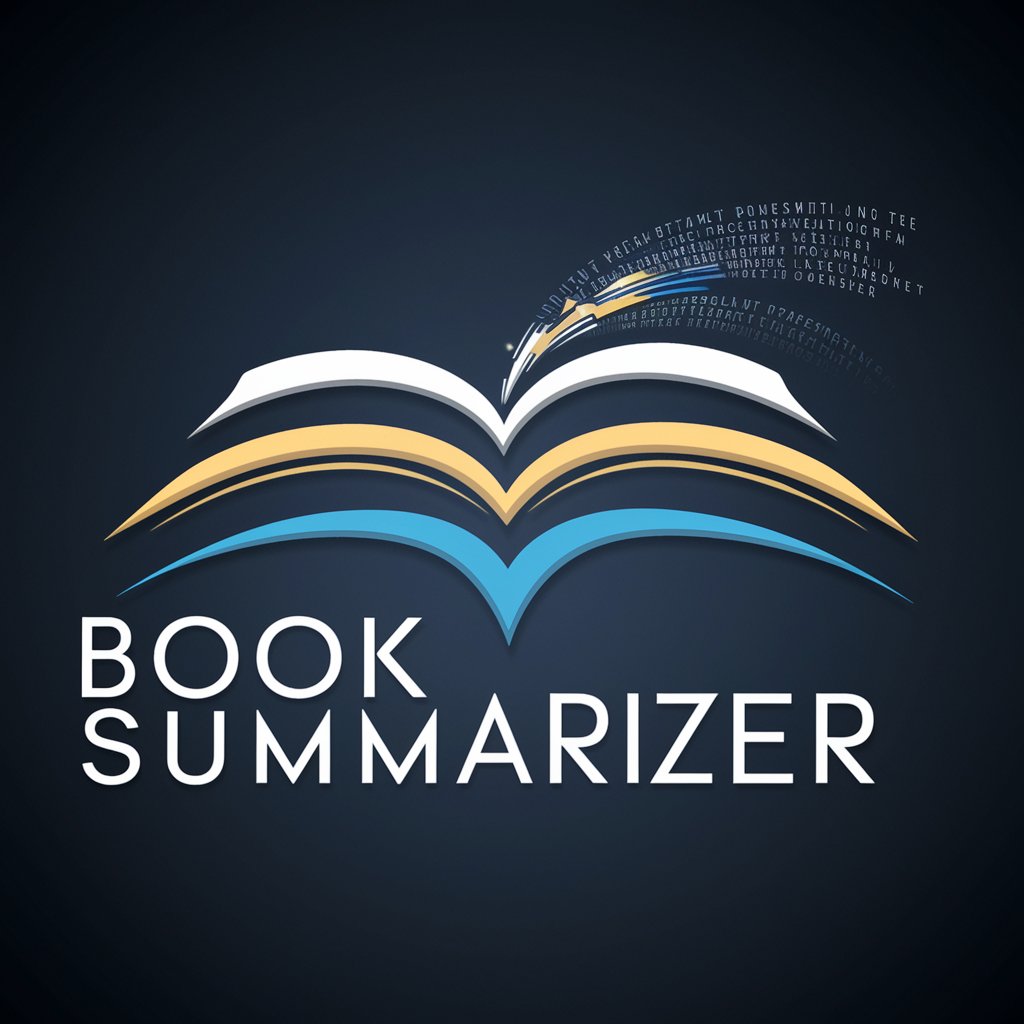
Literary Guide
Empowering Readers with AI-Driven Literary Insights
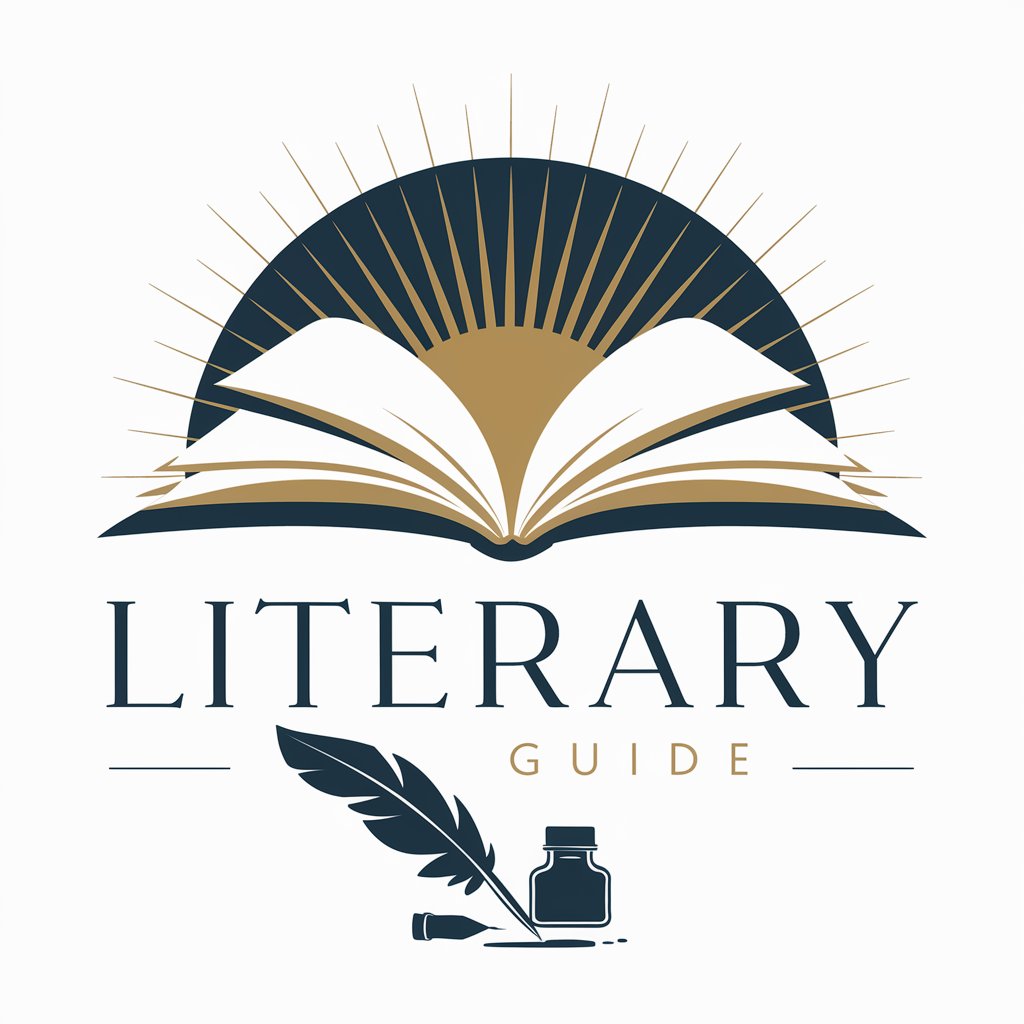
Resumo na prática
Harness AI for succinct content summaries.

Résumé Livresque
Unlock literature with AI

Book Bunch
Empower Your Reading with AI
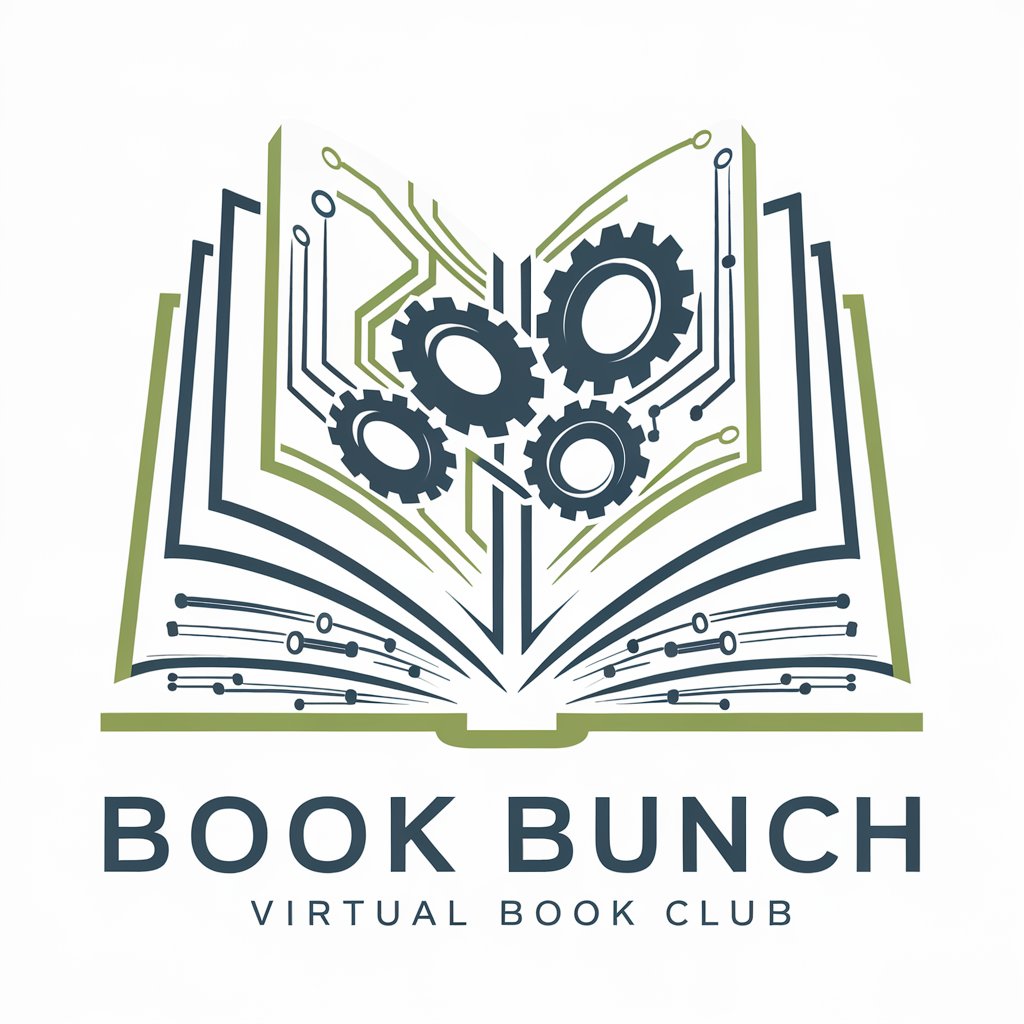
Mon Résumé Rapide
Distill Information, Empower Insight.

Literary Analyst
Decipher Texts with AI-Powered Analysis

Book Map
Explore Books Deeply with AI-Powered Analysis
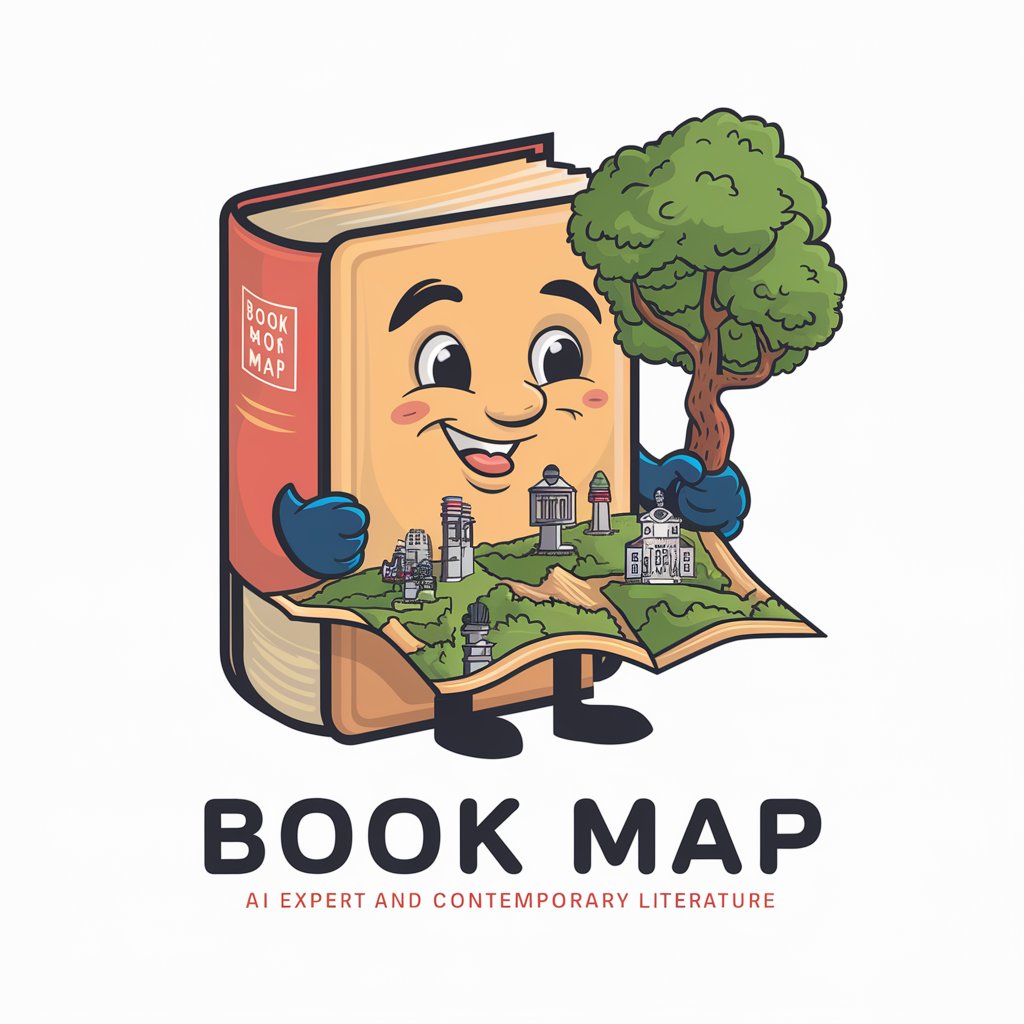
读万卷书小助理
Unlock the essence of books with AI.
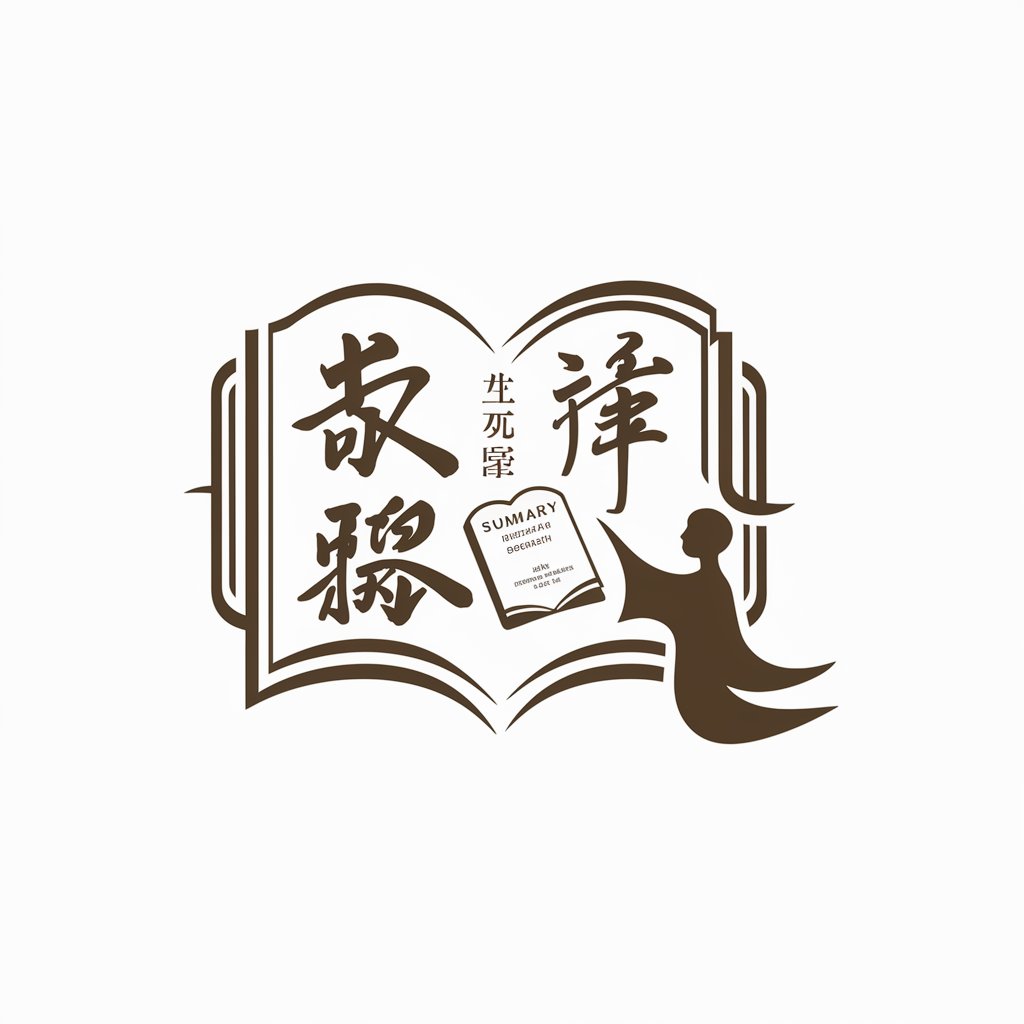
Literature Expert
Empowering Literary Discovery with AI
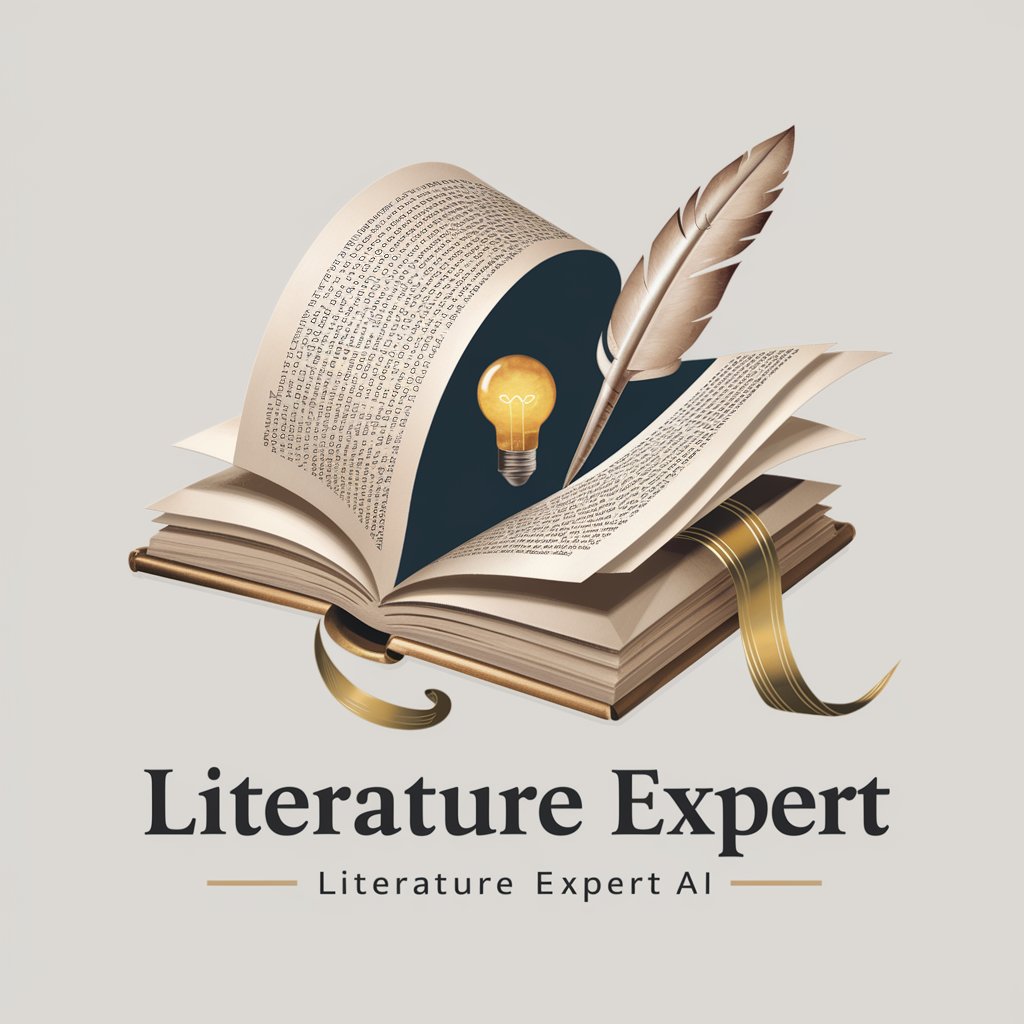
Reading Bot
Unveil Deeper Meanings with AI
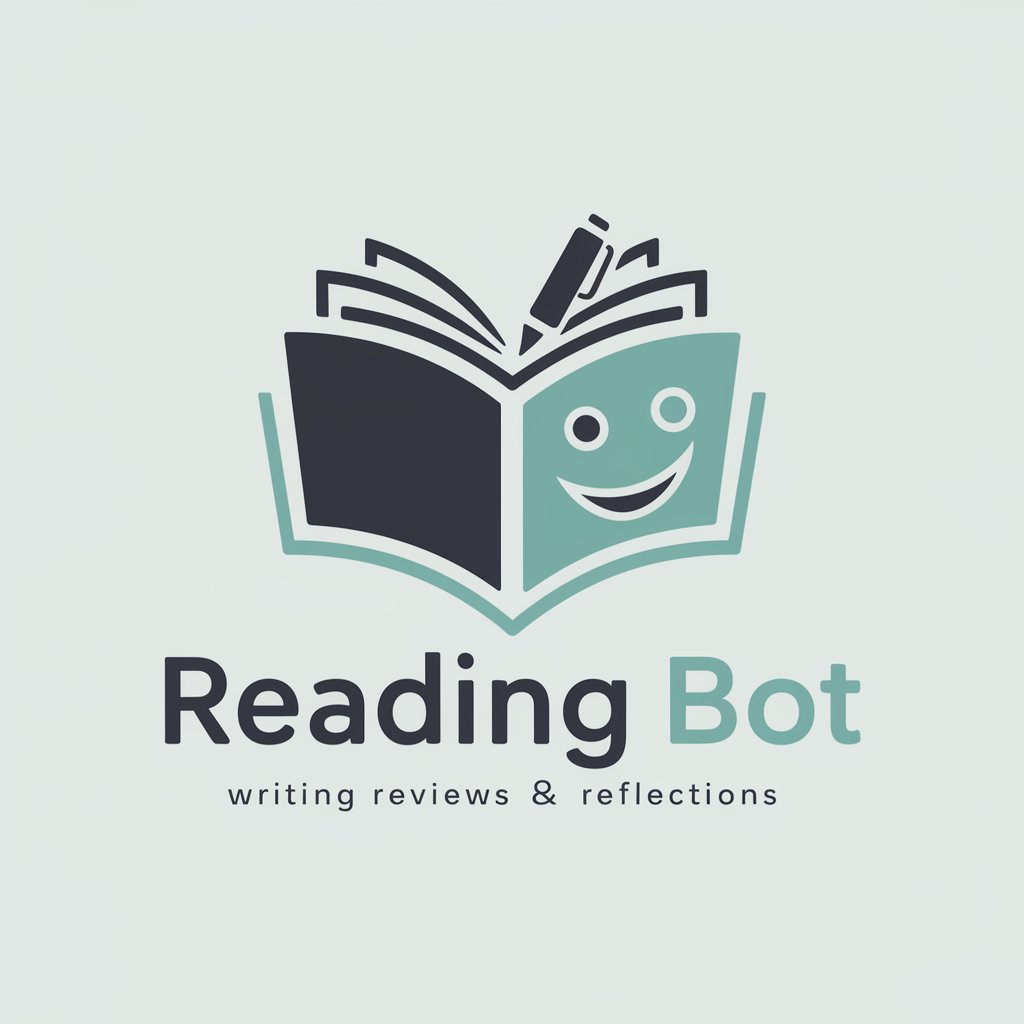
Rosie Narrator
Bringing 'The Rosie Project' to life with AI-powered narration.
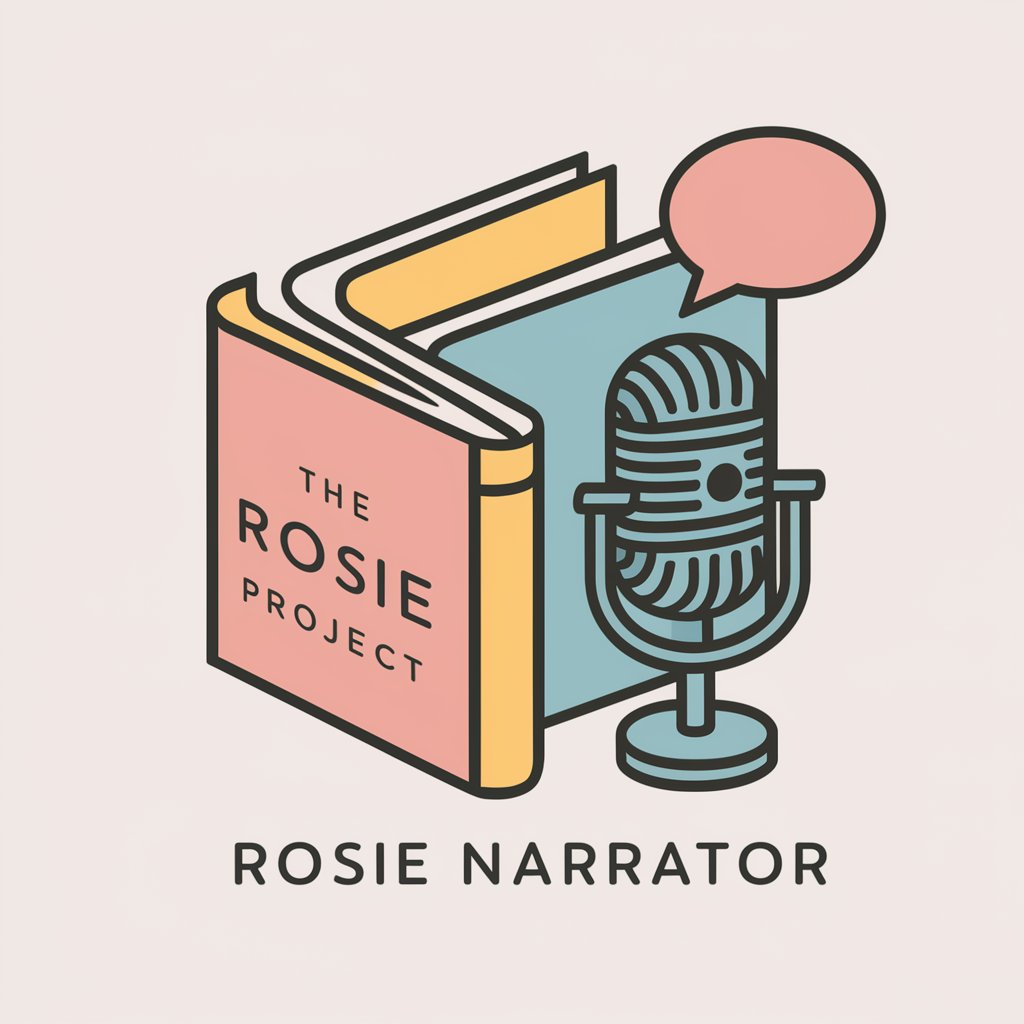
Key Attributes and Functions
GPTs tailored for Book Analysis exhibit unique features such as advanced language comprehension, the ability to process and analyze large volumes of text, and the capability to understand and interpret literary themes, characters, and plots. They can summarize books, compare writing styles, and identify literary devices. Specialized functions include sentiment analysis, genre classification, and authorship attribution. These AI tools support multiple languages and can adapt to various levels of analysis complexity, from basic summaries for casual readers to detailed research aids for scholars.
Who Benefits from Literary GPTs?
AI GPTs for Book Analysis cater to a wide audience, including students, educators, authors, literary researchers, and casual readers. They are particularly beneficial for non-technical users seeking insights into literary works without delving into complex analysis techniques. Additionally, developers and researchers in the field of computational linguistics can customize these tools for specific projects, making them versatile for both novice and professional users.
Try Our other AI GPTs tools for Free
Vocabulary Builder
Discover AI GPTs for Vocabulary Builder: Tailored, AI-powered tools designed to enhance your vocabulary through personalized learning experiences. Perfect for language learners and professionals alike.
Synesthetic Experience
Explore the intersection of AI and sensory experiences with our Synesthetic Experience tools, designed to create immersive, multisensory perceptions accessible to everyone.
Plagiarism Checking
Explore cutting-edge AI GPT tools for Plagiarism Checking, designed to ensure content originality with advanced analysis and customizable features. Ideal for educators, students, and professionals.
Branding Materials
Discover AI-powered GPT tools for Branding Materials - your creative partner in generating compelling, data-driven branding solutions tailored to your unique brand identity.
Communication Strategy
Discover how AI GPTs revolutionize Communication Strategy, offering tailored content creation, strategic planning, and audience engagement with advanced AI capabilities.
Psychological Education
Explore AI GPTs for Psychological Education: transformative tools for learning, therapy support, and insights into human behavior. Ideal for students, professionals, and anyone keen on psychology.
Expanding Literary Horizons with AI
GPTs for Book Analysis are reshaping how we interact with literary content, offering novel approaches for engaging with texts. Their adaptability and ease of use make them suitable for integrating into educational curriculums, research methodologies, and personal reading experiences. As these tools continue to evolve, their potential to enhance our understanding of literature and improve accessibility to complex analyses grows.
Frequently Asked Questions
What exactly can AI GPTs for Book Analysis do?
They can summarize books, provide thematic and character analyses, identify literary devices, compare authors' styles, and offer insights into narrative structures.
Do I need coding skills to use these tools?
No, many GPTs for Book Analysis are designed with user-friendly interfaces that do not require programming knowledge for basic functionalities.
Can these tools analyze books in any language?
Many GPTs are multilingual and can analyze books in several languages, though the availability of languages may vary by tool.
How do GPTs for Book Analysis handle large volumes of text?
They are designed to efficiently process and analyze large datasets, making them capable of handling extensive literary works and collections.
Can these AI tools help me write a book report or review?
Yes, they can assist in generating book reports or reviews by providing summaries, character insights, and thematic analysis.
Are there customization options for research purposes?
Yes, developers and researchers can often access APIs or coding interfaces to tailor the GPTs' analysis features for specific research needs.
How do these tools contribute to literary research?
They offer new methodologies for analyzing texts, facilitating the discovery of patterns, themes, and stylistic elements that might not be immediately apparent.
What are the privacy considerations when using GPTs for Book Analysis?
Users should review the privacy policies of these tools to understand how their data is used, stored, and protected, especially when analyzing unpublished or sensitive texts.